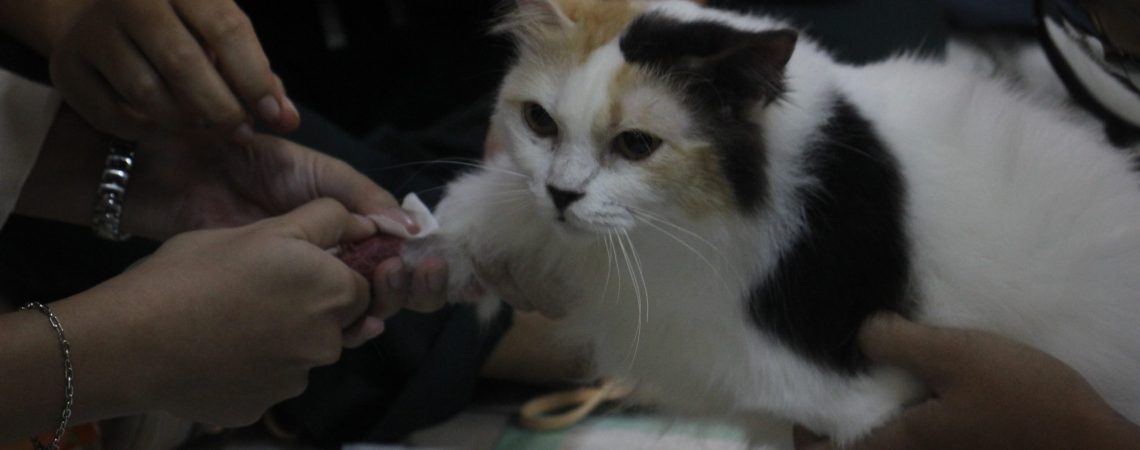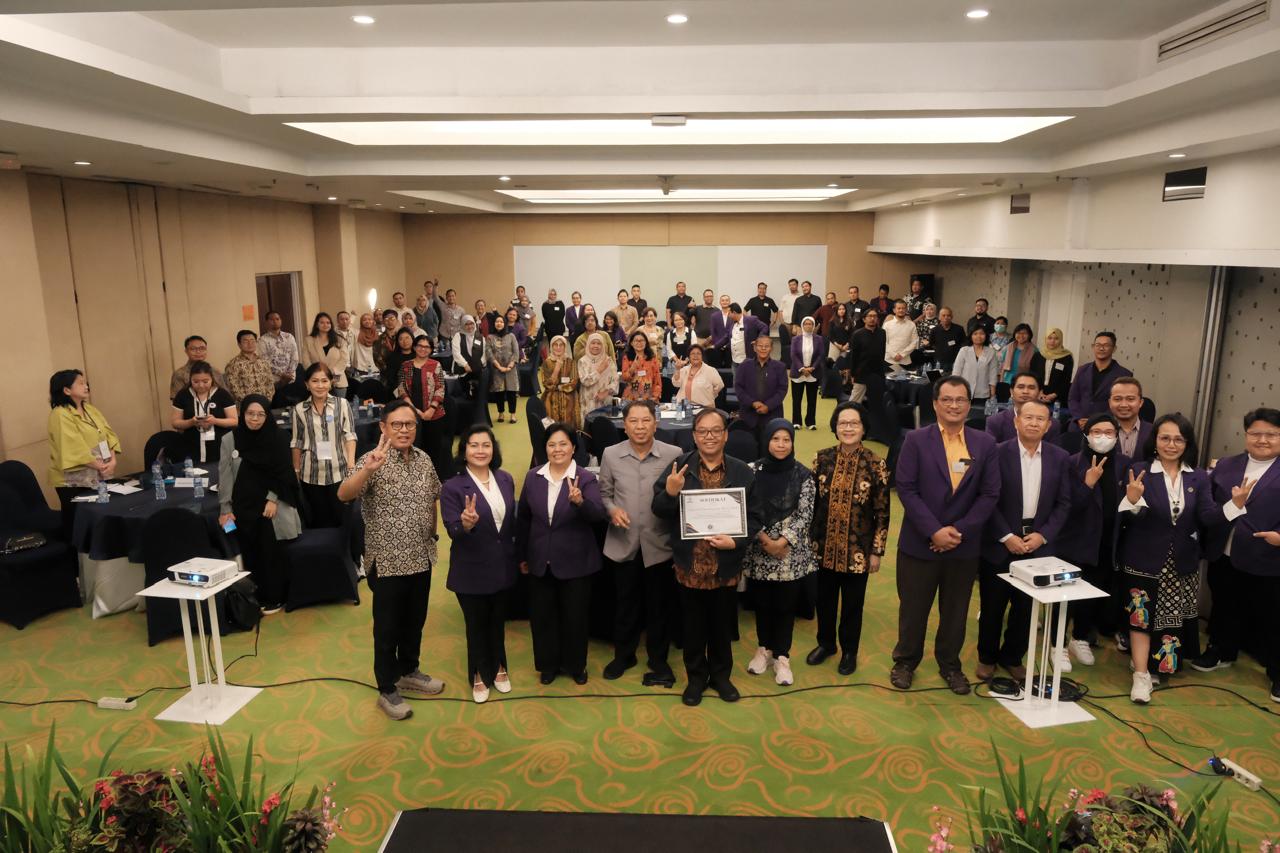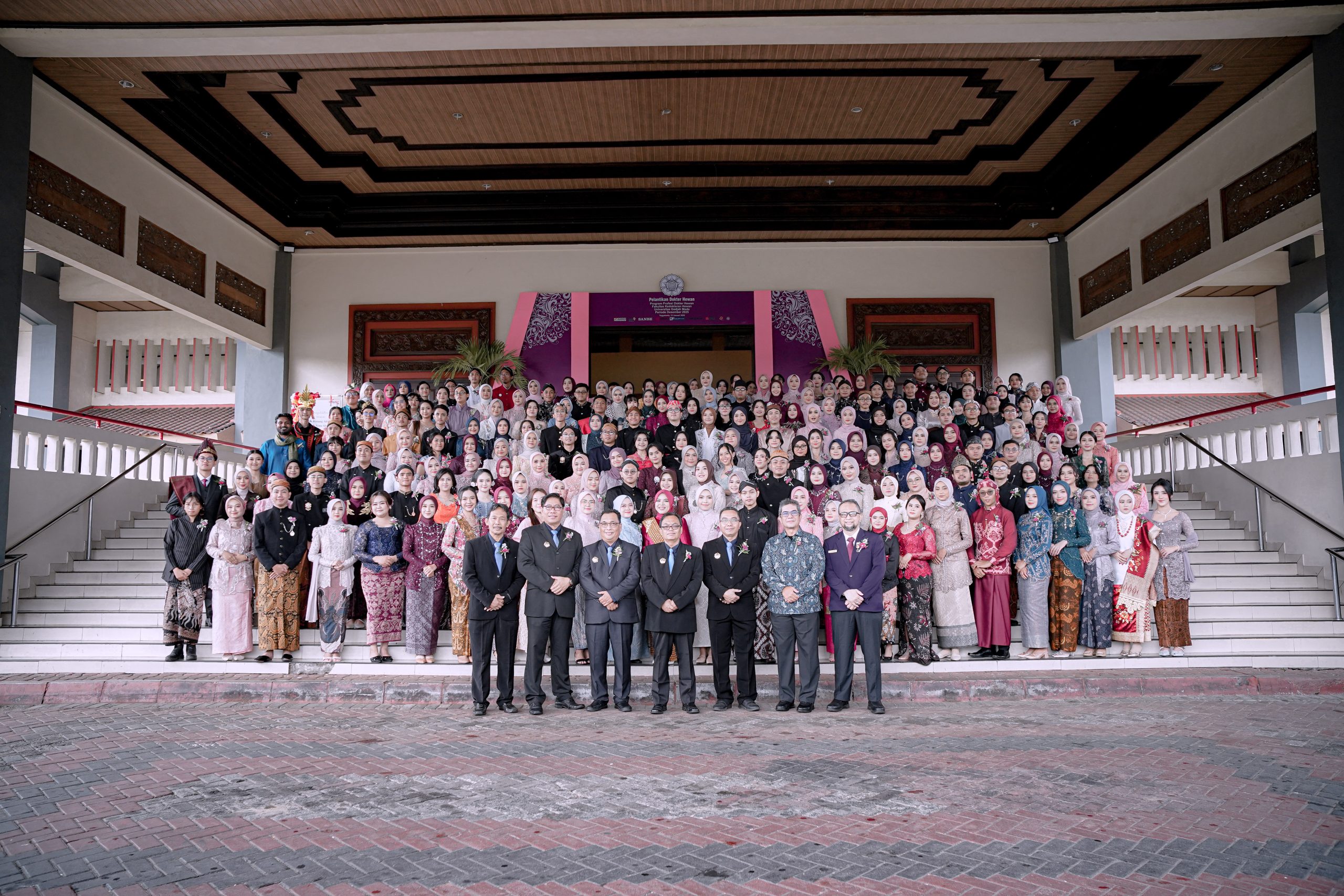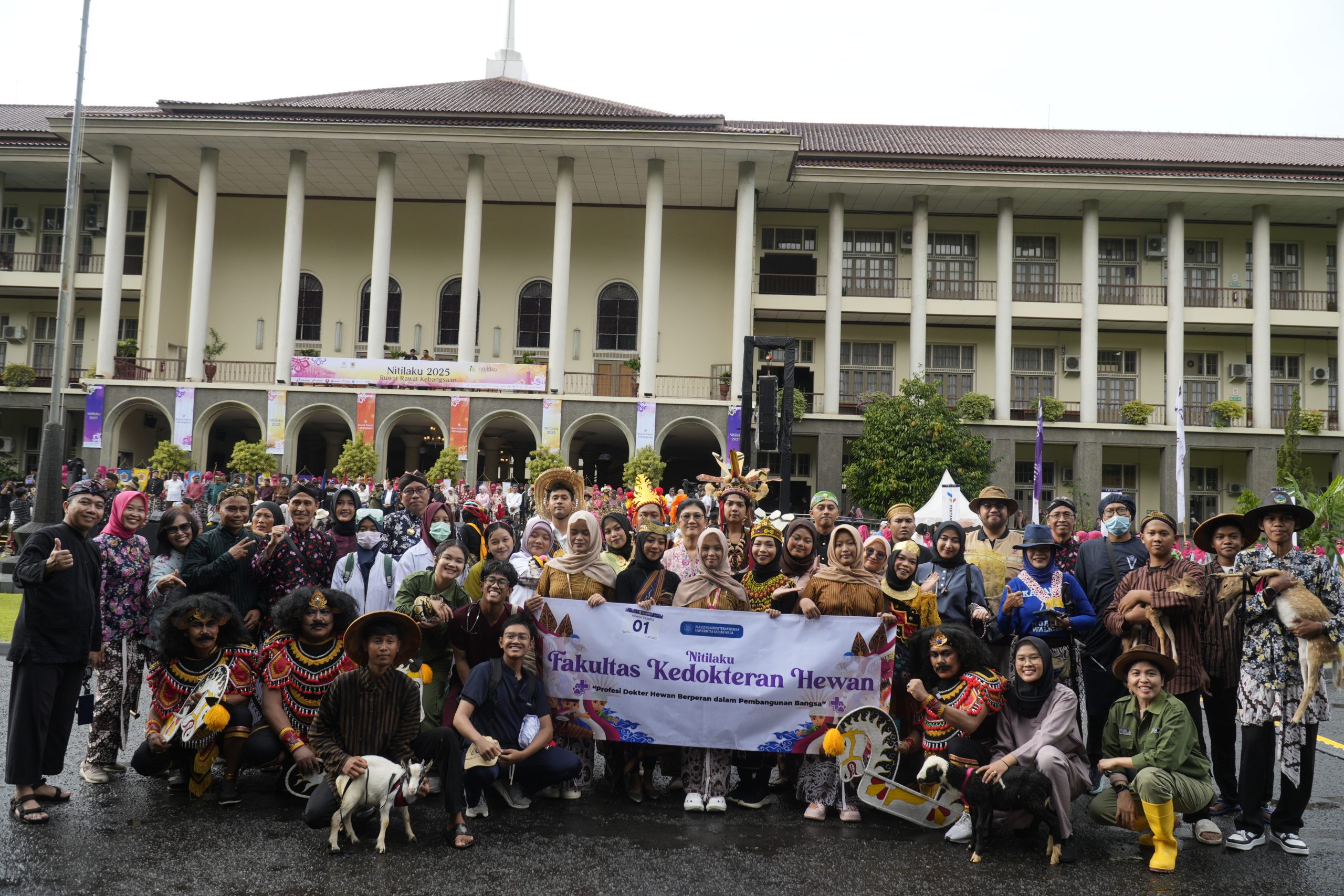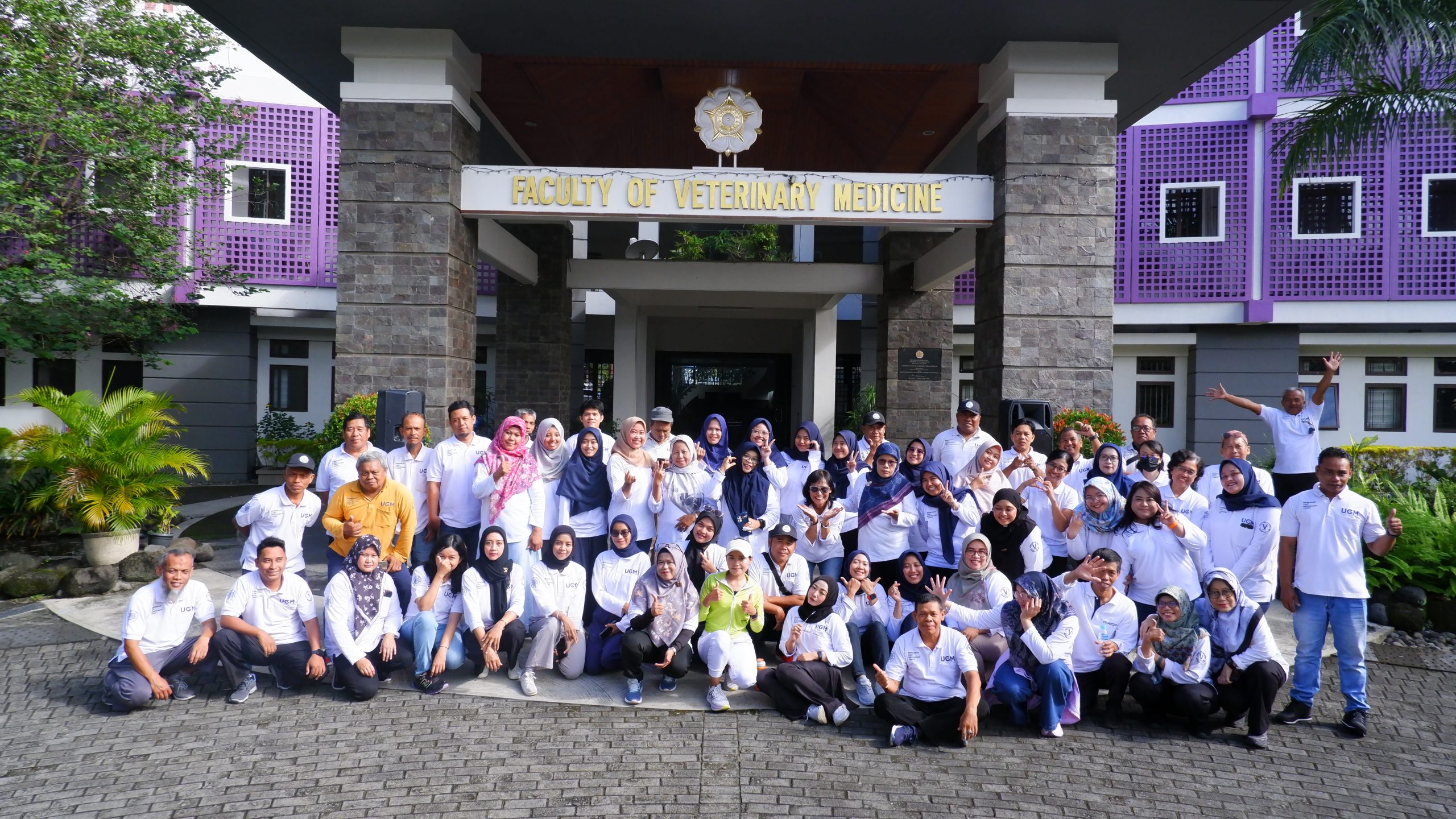On Saturday, May 17, 2025 at the Faculty of Veterinary Medicine UGM, the Pet Animal Advanced Study (PAAS) was carried out by Departemen Pendidikan of Kelompok Studi Hewan Kesayangan (KSHK) of the Faculty of Veterinary Medicine, Gadjah Mada University, which carried the theme “Peran Fluid Therapy sebagai Penanganan Klinis Utama dalam Kasus Toksikosis Akut pada Hewan”. The PAAS activity was carried out as a continuation of a series of activities, namely the Pet Animal Basic Study (PABS) and the Pet Animal Intermediate Study (PAIS) which had been carried out in the previous year.
The implementation of PAAS this year was filled with presentations by an extraordinary speaker, drh. Agung Budi Pramono, M.Sc who presented material about Fluid Therapy and Acute Toxicosis in Cats. After the presentation session, it was continued with a question and answer session between participants and the speaker. As many as one participant with the best question will get a prize that has been prepared by the committee. The series of PAAS activities were also filled with practical examination sessions under the guidance of experienced trainers, each trainer was divided into groups to provide explanations to participants from their respective groups regarding how to provide fluid therapy to pets affected by Acute Toxicosis, educate the correct handling and restraint methods when installing an IV, and show how the examination practice is carried out directly (Hands On) to cats that have been provided at the activity.
The benefits of the Pet Animal Advanced Study (PAAS) activity are to help KSHK members to study cases of diseases that often occur in pets and improve soft skills in handling cases that occur in pets with fluid therapy. In addition, this activity is carried out as an effort to deepen knowledge about handling and restraint during treatment, physical examination, how to diagnose a case of disease, and the types of equipment needed during treatment. The benefits of this activity are not only felt by the participants but also by the committee that prepared this event.
This activity also supports the One Health concept, which is the relationship between animal, human and environmental health. The application of fluid therapy to animals experiencing acute toxicosis helps prevent worsening conditions and the potential for disease transmission, especially those that can affect humans. Proper handling also helps strengthen the animal health service system, which ultimately supports shared welfare. In this way, it aligns with the Sustainable Development Goals (SDGs), particularly Goal 3: Good Health and Well-Being, Goal 4: Quality Education, and Goal 15: Life of Land.

